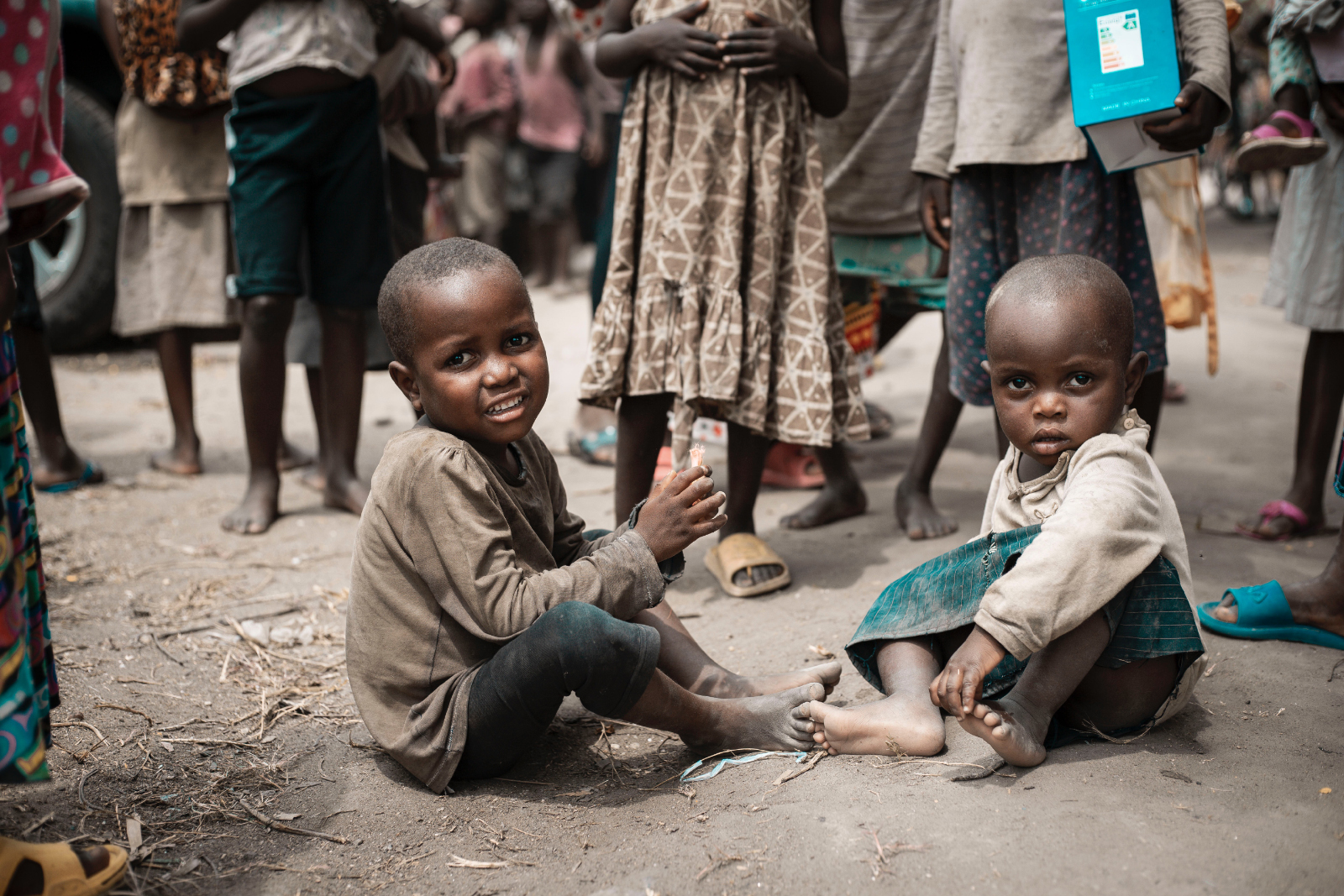One of the most vulnerable groups in Ethiopian society are orphans and poor people. These individuals often lack access to basic necessities such as food, water, healthcare, and education, which can have a profound impact on their physical and mental well-being.
According to UNICEF, there are an estimated 4.5 million orphans in Ethiopia, many of whom have lost their parents to HIV/AIDS, conflict, or other causes. These children are often forced to fend for themselves, living on the streets or in overcrowded orphanages with limited resources. They are at risk of malnutrition, disease, and exploitation, and many struggle to access education and other basic services.
Poor people in Ethiopia also face significant challenges. The country has one of the highest poverty rates in the world, with over 23 million people living below the poverty line. These individuals often lack access to clean water, healthcare, and education, and are more likely to suffer from malnutrition and disease.
The Ethiopian government has made significant efforts to address poverty and support vulnerable groups, but progress has been slow. Many non-governmental organizations (NGOs) and international aid groups are also working to improve the lives of orphans and poor people in Ethiopia. These organizations provide a range of services, including food assistance, healthcare, education, and vocational training.
One such organization is Save the Children, which has been working in Ethiopia since 1954. The organization focuses on improving the health and well-being of children, including orphans and vulnerable children. Save the Children provides a range of services, including nutrition programs, healthcare, education, and child protection services.
Another organization working to support orphans and poor people in Ethiopia is the Ethiopian Red Cross Society. The organization provides emergency relief services, as well as longer-term programs focused on health, education, and livelihoods. The Ethiopian Red Cross Society also works to support vulnerable groups during times of conflict and natural disasters.
Despite the efforts of these organizations, much more needs to be done to support orphans and poor people in Ethiopia. The government and international community must work together to address poverty and inequality, and ensure that all Ethiopians have access to basic services and opportunities. This will require sustained investment in education, healthcare, and infrastructure, as well as policies that promote economic growth and social inclusion.
In conclusion, orphans and poor people in Ethiopia face significant challenges, including limited access to basic services such as food, water, healthcare, and education. While there are organizations working to support these vulnerable groups, much more needs to be done to address poverty and inequality in Ethiopia. The government and international community must work together to ensure that all Ethiopians have access to the resources and opportunities they need to thrive.

